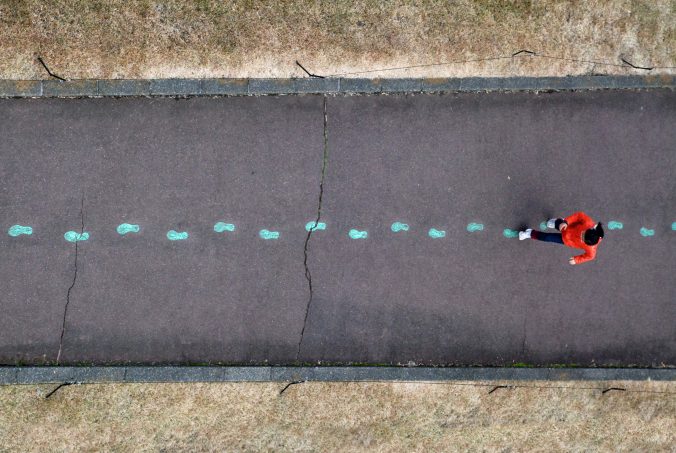Western education to date has focused on vocational training for preparation in a manufacturing economy where academic subjects were arranged in hierarchy according to economic value. In addition, due to technological innovation, many of the jobs of the people our education systems currently produces will likely disappear in the near future.
Adaptability rather than short term recall of content will be the key to success. Schools like High Tech High are showing that hitherto disconnected subjects need to be integrated, but school subjects are siloed, thus we can’t transfer knowledge to future problems. Here, interdisciplinary approaches connect content from alternative perspectives, integrating ideas that enable learners to make hitherto unseen connections to foster new frameworks. Additionally, conventional schools uniformly assess students to meet a subjective standard level of education; assessment must be meaningful to each student and accurately determine preparedness for advancement. Schools need to blend factual knowledge and concrete skills with student-led process learning. Giving students agency to tackle problems in a way that interests them is intrinsically motivating and provides the conduit to creativity, which is the goal of teaching.
The experience of High Tech High shows the need for tighter relationships between teaching programs and schools such as a standardization of pedagogical methods is required. Paradoxically, the classroom management component of my Educational Psychology course was removed, which exemplifies the current disconnect between the profession and teacher programs.

